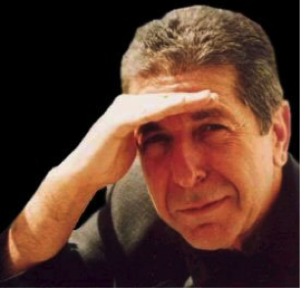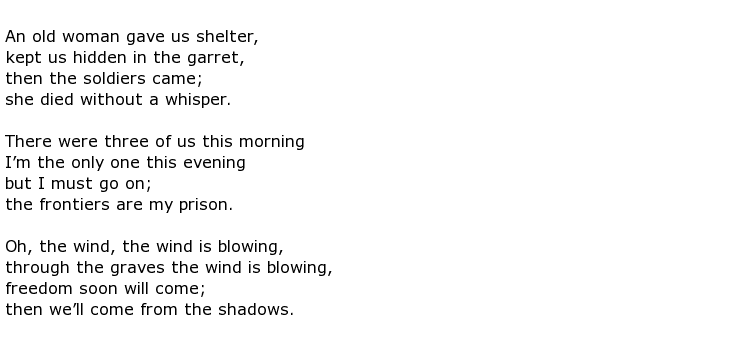 When most people think of Leonard Cohen they see a moody, gravel-voiced singer-songwriter whose on stage performances have drawn millions around the world since the 1970s and who possesses an enviable back catalogue of album releases. But, like anyone with his talent, he is not just a musician but is also a poet and a novelist. His poetry, like his songs, can move the spirit, can inspire, can uplift and yet, at times, can also depress. Those who profess to thoroughly dislike his singing style have, uncharitably, called it “music to slit your wrists to”. How wrong they are! You only have to listen to the words to appreciate the man’s art. Equally, you have to read his poetry to understand his emotion, his pain and his joy of life.
When most people think of Leonard Cohen they see a moody, gravel-voiced singer-songwriter whose on stage performances have drawn millions around the world since the 1970s and who possesses an enviable back catalogue of album releases. But, like anyone with his talent, he is not just a musician but is also a poet and a novelist. His poetry, like his songs, can move the spirit, can inspire, can uplift and yet, at times, can also depress. Those who profess to thoroughly dislike his singing style have, uncharitably, called it “music to slit your wrists to”. How wrong they are! You only have to listen to the words to appreciate the man’s art. Equally, you have to read his poetry to understand his emotion, his pain and his joy of life.
Leonard Cohen was born in an English speaking district of Montreal, Canada in 1934 into a middle class, Jewish household. Father, Nathan Cohen, died when his son was only ten years old, thus missing Leonard’s Bar Mitzvah in 1947. After short spells of university life he took off to London in the late 1950s and travelled around, including visiting Cuba where he was, almost certainly, influenced by the music of that country. Cuban rhythms permeate some of his songs. For a time he lived in a house on the Greek island of Hydra and it was here that he wrote and had published a controversial collection of poetry called Flowers for Hitler, in 1964.
He only seriously took up his musical career in the mid-1960s and his first two albums – Songs of Leonard Cohen and Songs From a Room (in 1968 and 1969) were hugely successful. His folky style and the gritty subject matter of many of his songs endeared him to a whole new generation of fans worldwide and, from then on, his output was prodigious.
The poetry of his songs was startling. Take, for example, the haunting song The Partisan which comes from Songs From a Room. It shows us the cruelties suffered by ordinary people in war time – here are some of the verses:

Then in 1988 came a song called Everybody Knows from I’m Your Man. Here are some telling words, cynical maybe, but possibly true:

Over a lifetime Leonard Cohen has never shied away from controversy in his writings. He has targeted politics and religion, sometimes showing them no mercy. He has explored personal relationships and sexuality, often laying bare his fears and insecurities.
Cohen has, without doubt, had to fight his own personal demons for decades and has somehow got through some very dark days apparently unscathed. He wrote a song called The Darkness which illustrates some of this. The fact that he still tours the world and performs at sold out theatres and concert halls at nearly 80 years old is testament to his resilience, and his determination to go on performing his wonderful songs. He will certainly be remembered as one of Canada’s finest poets and musicians, and quite rightly so. His words have touched people on all continents for decades and his poetry will survive long after he has gone.

